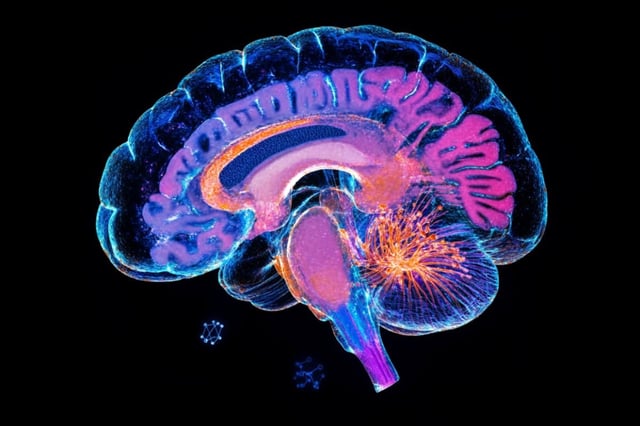Overview
- Researchers at UC San Francisco analyzed over 4,000 proteins in spinal fluid from 116 inherited FTD patients and 39 healthy relatives, uncovering potential biomarkers.
- The study, published in *Nature Aging*, highlights RNA dysregulation and neural connectivity defects as key molecular mechanisms in frontotemporal dementia.
- These findings represent the first potential biomarkers for diagnosing FTD in living patients during middle age, addressing a critical diagnostic gap.
- Frontotemporal dementia, often misdiagnosed as depression or other conditions, affects an estimated 50,000–60,000 people in the U.S., primarily between the ages of 45 and 65.
- Early identification using these biomarkers could facilitate patient access to clinical trials, resources, and precision treatments tailored to FTD's unique pathology.


